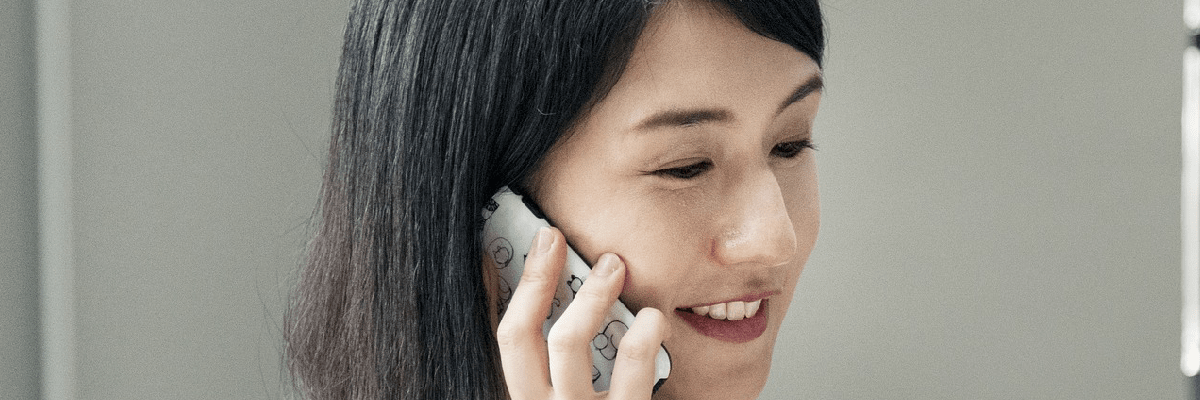How to follow up on job application | Interview Feedback

A typical job search begins when an applicant seeks employment opportunities online. After submitting their CVs, interviewers then conduct pre-assessment tests based on the applicant’s CV. If he passes the criteria set by the hiring managers, he is set for an interview.
There are two outcomes in a job interview. The applicant either fails the interview or passes and gets the job.
Most applicants who failed to pass the interview move on to the next job vacancy they found online. They miss the opportunity to gain feedback from the interviewers to improve themselves.
How do you ask interviewers feedback after an unsuccessful interview? Here are the steps:
One of the two ways interviewers let applicants know that they failed to land the job is through a phone call.
-
Ask right away before the interviewer ends the call
Politely inquire for feedback. Explain that you are looking for ways to improve yourself, and their comments would be appreciated.
Interviewers are great critiques who can let candidates know what skills they should improve to qualify for the position. They can also share tips on how applicants can present themselves better.
-
Accept constructive criticisms
Listen to the feedback of the interviewers and avoid arguing with them. Apply them on your next interviews and improve on what seems to be lacking.
-
Call back if you missed their call
Ring the interviewer within the normal working hours as soon as you can and. If they didn’t answer, don’t leave a message and call again in an hour or two. Ask for feedback when on the line with your interviewers so, they address your request right away. The other way interviewers let applicants know they failed to pass the exam is via email.
-
Email back
Some interviewers prefer emailing than calling. Email back the day after receiving their message. Thank them for letting you know their current standing then ask if they have the time to write back and provide you with feedback regarding your interview.
-
Email and schedule a call
Another way to ask for feedback is to schedule a phone call with the interviewer. Email back to thank them for their time and request if they have the time to provide you with feedback in the next day or two. Recruiters get more time to recall your interview to provide you with more constructive criticism.
-
Follow-up on your email
If a day or two passed, send a follow-up email. This is crucial to see if the interviewer has the time to provide you feedback.
-
When is the time to move forward?
The time to skip over this opportunity with a certain interviewer is when the interviewer still hasn’t responded after a week. Don’t linger and move forward with your interviewers and try your best to improve each time.
Remember, it’s not an interviewer’s obligation to provide you with a review of your performance. If they do, be grateful and always thank them for their time.
Other things to keep in mind and note when asking your interviewer for feedback after an unsuccessful interview:
-
Respect and value their time
Recruiters are busy professionals. In a BPO setting, an interviewers schedule is hectic. It’s important to be mindful of their schedule. Call on business days and during the normal working hours of the company.
-
Accept criticisms like a professional
The feedback of the interviewers will help you grow professionally. Arguing with an interviewer while giving you a review of your performance is improper. Accept them and be grateful that they provided you with one.
-
Send follow-up messages up to two times only
Recruiters are busy workers. If they aren’t able to provide you with feedback, don’t reprimand them for it. It’s not their responsibility to do so. These are the steps to remember when asking your interviewer feedback after an unsuccessful interview. It’s not unprofessional. Actually, it’s one of the forgotten practices applicants must bring back to life.
Here are the most common feedback recruiters give unsuccessful applicants:
-
Prepare questions
Interviewers leave time for applicants to ask questions. Prepare questions in advance. It shows recruiters that an applicant has done his research and is interested to learn more about the company.
-
Dressing appropriately
Interviewers are looking for professionals. Arriving dressed for the part is a plus on their books. However, some applicants arrive wearing unfitting and wrinkled clothes, making them appear unpolished. It’s not mandatory to wear suits for an interview, but it is important to present yourself professionally.
-
Bring a resume
Preparation is the key in an interview. Prepare for the interview itself and prepare documents that recruiters or hiring managers will require from you like a CV and a portfolio. This shows that you’re always ready and thoughtful of your interviewers.
Another thing is that preparing business documents in advance can be handy for impromptu interviews you have for other companies.
-
Arrive early
Arriving late isn’t a way to make a great first impression. Interviewers look for applicants with a natural sense of professionalism. Applicants should practice the habit of arriving 10 to 15 minutes early.
-
Keep phones in the bag
Many think it’s acceptable to use a phone during an interview – it’s not. It’s disrespectful. Applicants must keep their phones on silent in advance and must focus on the interview at hand.
-
Talk about professional experiences
One of the rookie mistakes applicants make during an interview is sharing too much information. It’s important to stay professional during an interview and avoid sharing personal stories.
-
Be honest
Interviewers can tell if an applicant is lying. It’s easier to be truthful from the beginning. If an applicant gets caught red-handed, he’ll lose the job opportunity and most likely future job opportunities from the same company.
These are the top recommendations interviewers mention to applicants that they can apply on themselves right away. The other most important factor is to improve their skills to qualify for the job position.
Have you ever asked an interviewer for feedback after an unsuccessful interview? How was it? Share your experiences in the comments section below.



